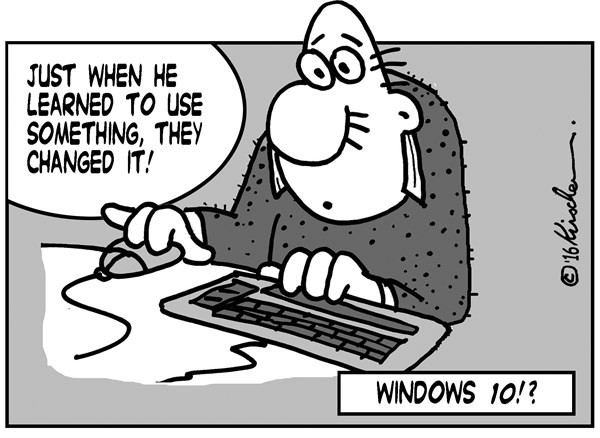The world is constantly moving further in the direction of complete technological takeover, and the UA is adhering to this new and progressive social norm.
There are, of course, some benefits of technology — faster access to information, less grading errors, better forms of communication, more efficient studying methods, etc. — but there is one major issue that deters me from supporting the “technologization” of college.
This issue is the unavoidable and highly probable situation where technology malfunctions or fails completely.
RELATED: Bring down textbook prices
I am currently in a class where we take all of our tests through Examity, which is a service where a person in India sits and unfalteringly stares at you via webcam while you take your test. It is a bit unnerving, to say the least, but this is not the main issue with this form of test taking.
There’s an undeniable communication barrier that can be detrimental to the conditions under which one takes the test. For example, our professor provided clear instructions that we were allowed to use calculators on our last exam, and while my personal proctor did understand and relay these instructions to me correctly, many other students in the class had proctors who insisted calculators were not allowed.
This mere miscommunication could be a result of an underlying language barrier, or it could merely be a result of a technological failure where instructions are not appearing as they are supposed to, causing the proctor to give the student false information.
RELATED: Changes in technology haven’t changed video-gaming stereotypes
Either way, it’s obviously unfair that some students had no calculator, while some students did. The students who were banned from using a calculator wanted a retest, but understandably, this presents yet another problem—if the professor allows the students to take the test again, they are suddenly at an unfair advantage, rather than disadvantage, because the re-takers have already seen the questions and will know exactly what will be on the test.
There was really no entirely fair solution to this situation, but it could have been entirely avoided in the first place had we all just been “old-fashioned” and taken our tests in our classroom, with our professor overseeing the operation and providing students with all identical instructions and identical testing environments.
In a different class, I was suddenly and without explanation locked out of an online quiz program for two weeks. I began emailing the professor instantly the day that it happened, and neither us, nor the company’s tech services, were able to find a solution for two weeks.
This resulted in me getting zeros on quizzes simply because the system no longer recognized me as a member. Basically, it had an unavoidable technical malfunction. Again, if these quizzes were just given on paper, in class, “tech problems” would never be detrimental to someone’s grade.
Yet one more example of these issues lies in the common use of clickers for taking attendance or in-class quizzes. When all goes well, this is a quick and simple way to count people present, but when all does not go well, as it often doesn’t, people end up being counted absent because their clicker won’t connect to the correct channel, won’t register correctly or simply ran out of battery.
Luckily for us, our hands and our pencils will never run out of battery or fail to connect to the right channel, thus, it would be much more foolproof to have people sign a physical paper to prove they were in attendance.
I am not entirely anti-technology. I completely see the benefit of incorporating progressive technology in to the academic world, and I can see in what ways it can improve our intelligence and collaborative learning abilities.
I am not trying to demonize all technological advances. It just seems that when it comes to graded things, it’s better to be “old-fashioned” and conduct tests and quizzes in a way that doesn’t rely on the often-faulty technology of our age.
Follow Talya Jaffe on Twitter.









